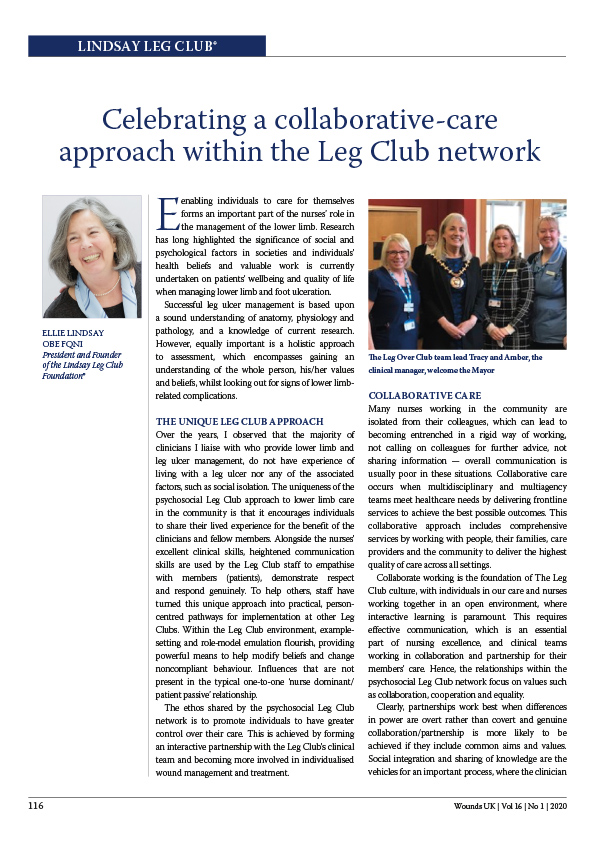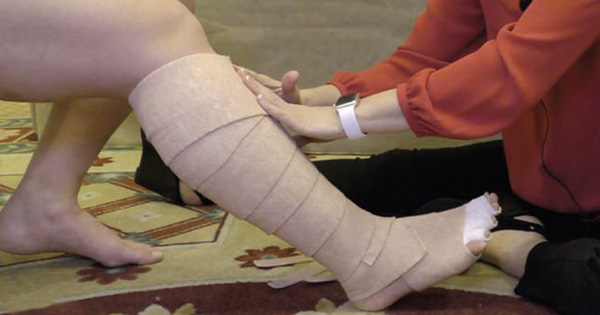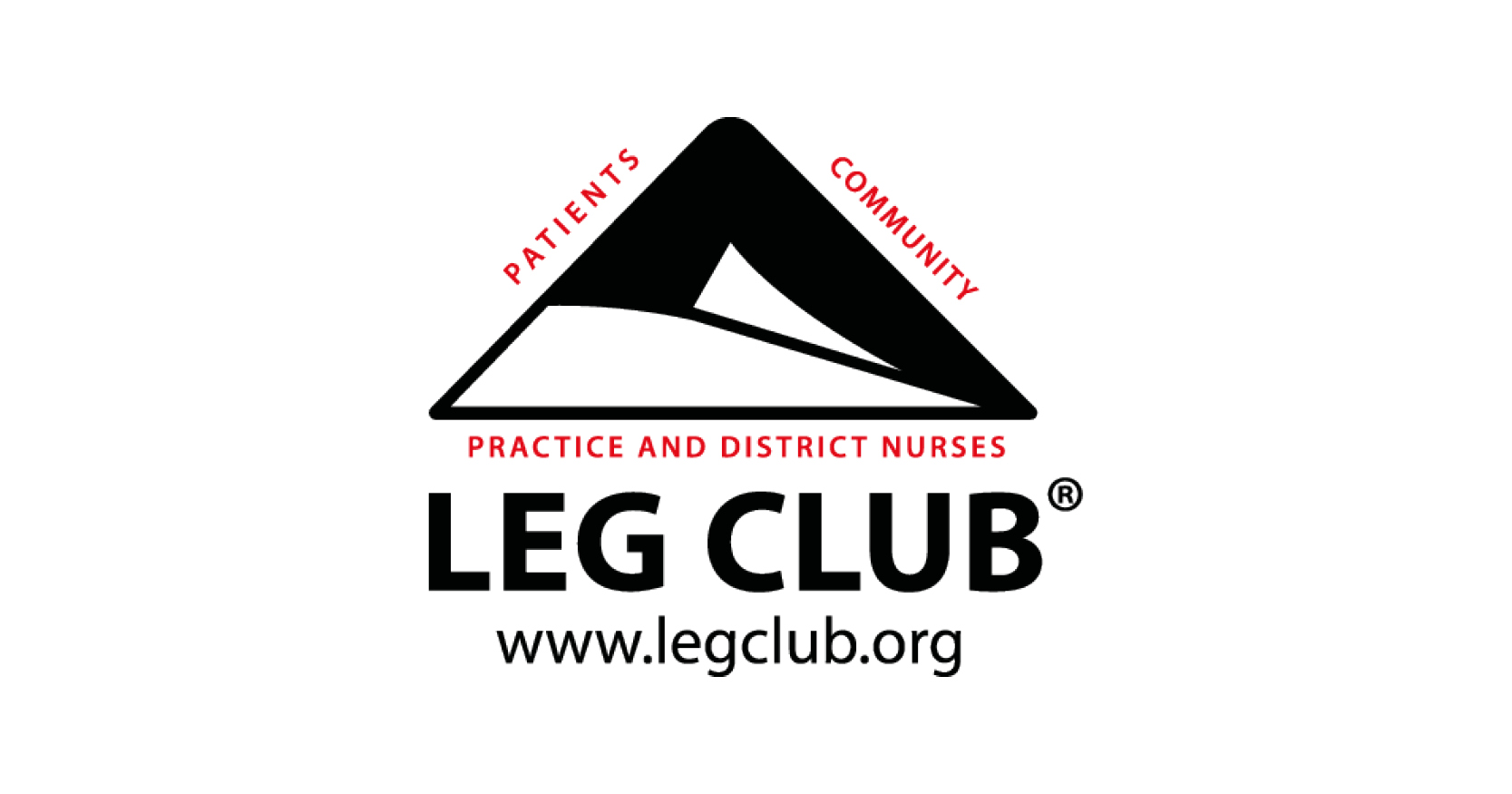Eenabling individuals to care for themselves forms an important part of the nurses’ role in the management of the lower limb. Research has long highlighted the significance of social and psychological factors in societies and individuals’ health beliefs and valuable work is currently undertaken on patients’ wellbeing and quality of life when managing lower limb and foot ulceration.
Successful leg ulcer management is based upon a sound understanding of anatomy, physiology and pathology, and a knowledge of current research. However, equally important is a holistic approach to assessment, which encompasses gaining an understanding of the whole person, his/her values and beliefs, whilst looking out for signs of lower limbrelated complications.






